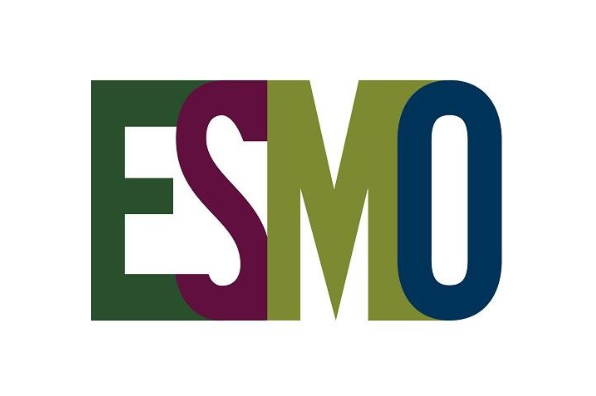Share this Page:
Results from a phase 2 study of pazopanib alternated with bevacizumab for previously untreated clear cell kidney cancer (renal cell carcinoma, RCC) were presented at the 2024 European Society for Medical Oncology (ESMO) Congress in Barcelona, Spain last week. The study showed promising initial efficacy and safety.
There were 51 patients with previously untreated metastatic clear cell RCC in the study in the United States. Patients were treated with pazopanib tablets daily on days 1 through 28 followed by bevacizumab infusions on days 36 and 50 of a 10-week cycle.
The researchers were measuring clinical benefit rate, defined as complete response to treatment, partial response, and stable disease at 12 months after the start of treatment. They also looked at the response to treatment and survival.
The clinical benefit rate was 40 patients of 51 (78%), slightly more than three quarters of patients having a complete or partial response to treatment or stable disease at 12 months. Additionally, after nearly 3 years follow-up, the time to when the treatment stopped working and the cancer started growing again (progression-free survival) was nearly 2 years and double that seen with pazopanib alone (according to a news release).
More than half of the patients (55%) responded to treatment and more than 4 in 10 patients (43%) had stable disease, a clinical response rate of 98%. The cancer progressed in only 1 patient (2%) and the average overall survival was just over 5 years (63 months).
Regarding safety, the treatment was generally well-tolerated. The most common side effects were diarrhoea (70%), high blood pressure (54%), fatigue (69%), and nausea (51%).
However, the study enrolled more patients with favourable risk disease. The researchers explained this as follows: “Because immunotherapy options were available to patients in other risk groups, the phase 2 group included more patients in the favourable risk category. The encouraging results suggest that alternating pazopanib with bevacizumab is a promising treatment regimen for renal cell carcinoma patients in the favourable risk group.”















